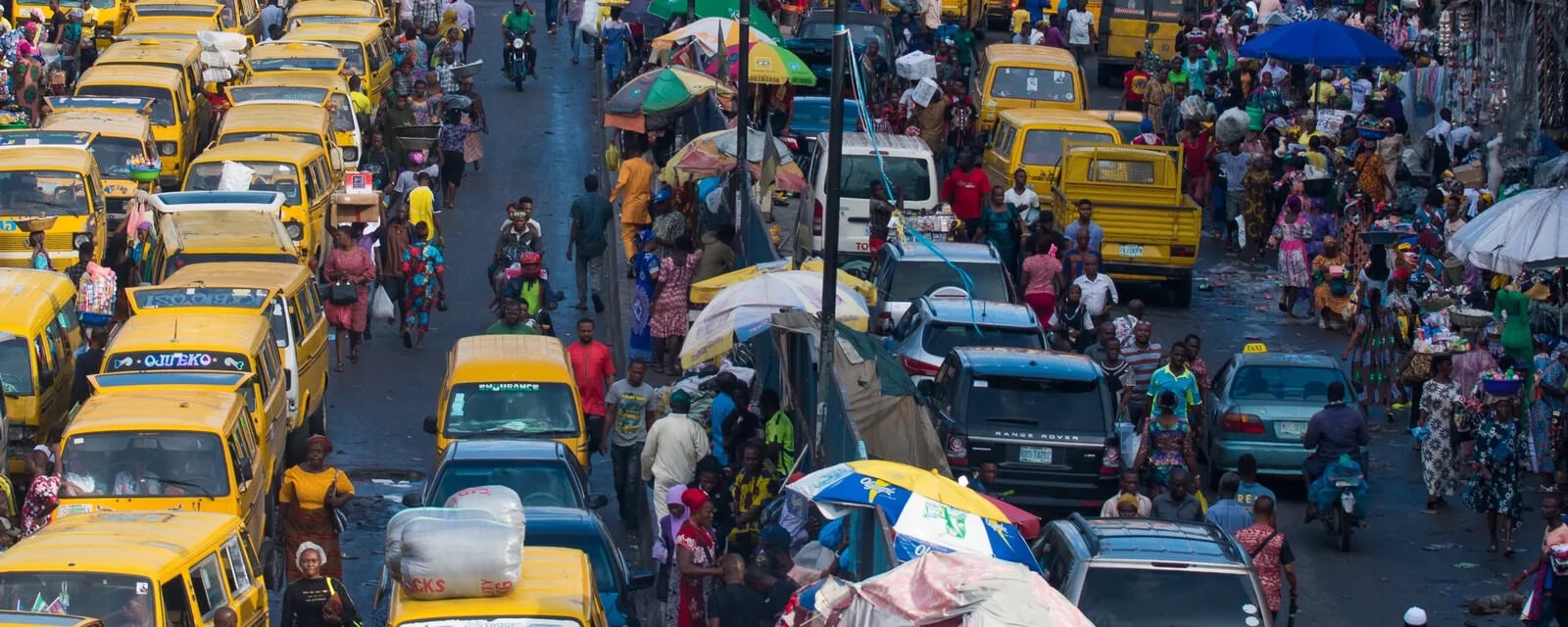The two-week lockdown of Abuja and Lagos enacted this week is a litmus test of the extent to which Nigeria can implement measures designed in and for rich economies in containing the spread of Covid-19.
As President Muhammadu Buhari’s influential chief of staff Abba Kyari has tested positive to Covid-19 and appears to be seriously affected, Vice President Yemi Osinbajo has made a comeback of sorts, heading a newly set-up Economic Sustainability Committee. While this suggest the hawks within the administration might have been weakened, at least temporarily, the Central Bank of Nigeria (CBN) still tries to hold steady and defer another devaluation.
Several Days into the lockdown, the measure seems to be ignored by large segments of the local population, especially in less affluent neighborhoods. Besides, whether it can be effectively sustained for two weeks or even beyond remains doubtful. In certain parts of Lagos, people have already threatened to stage mass protests if they are not supplied with cash or food within 48 hours. While the federal and state governments have announced that they will ramp up their respective measures, allocation is likely to become messy and uneven at best.
The underlying problem is that Nigeria, just like several other African countries, is trying to contain the spread of the virus with a toolbox developed in substantially richer Asian and European countries. Yet it will be borderline impossible to sustain a prolonged lockdown in a country where more than 65% of the population live on less than one US dollar a day and need to leave their homes to eke out a living on a daily basis. Against this background, the risk of social protests in major urban centers is rising, while it is not evident what approach the government might take beyond the initial two-week lockdown.
Meanwhile, Osinbajo, whom the administration had hung out to dry in September 2019, appears to be regaining some visibility amid the crisis. Heading the newly established Economic Sustainability Committee, Osinbajo is tasked with coordinating the government’s economic response towards the pandemic, although the new committee’s exact mandate remains somewhat nebulous. Osinbajo’s comeback coincides with the fact that Kyari, who had tested positive for Covid-19 on 23 March, had to be flown from Abuja to Lagos for treatment.
The CBN, for its part, appears bound on rationing foreign exchange to avoid another devaluation in the near-term. After shutting down forex sales to bureau de change operators at the end of last week, several domestic banks imposed drastic new limits on account holders’ foreign exchange transactions. Though it is not clear whether this was imposed by the CBN, banks have in the past implemented such measures at the behest of the central bank.




